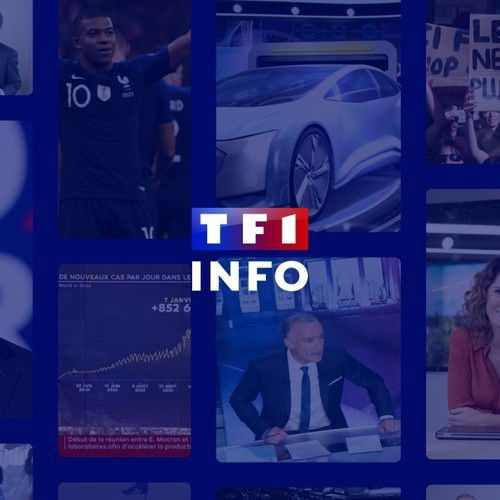- Vice President JD Vance will meet with Ukrainian President Volodymyr Zelenskyy at the Munich Security Conference in Germany to discuss Ukraine’s future amid the ongoing war with Russia. The meeting follows President Donald Trump’s announcement of negotiations with Russian President Vladimir Putin to end the war.
- Vance emphasized U.S. commitment to Ukraine’s long-term independence, warning Moscow of potential sanctions or direct military action if negotiations fail, while Zelenskyy insisted on Ukraine’s direct involvement in any talks.
- The Trump administration’s mixed signals on its evolving strategy raise questions about the U.S. military’s future role in supporting Ukraine.
Full Story
Vice President JD Vance is meeting with Ukrainian President Volodymyr Zelenskyy at the Munich Security Conference in Germany, as discussions over Ukraine’s future take center stage. The meeting followed President Donald Trump’s announcement that he and Russian President Vladimir Putin had agreed to begin negotiations to end the war.
However, uncertainty remains over what those talks will mean for Ukraine and whether it will play a direct role.
What is the US position on the war?
Vance stated that Washington wanted a deal that guaranteed Ukraine’s long-term independence but warned Moscow of potential sanctions or military action if it refused to negotiate in good faith. He emphasized that Trump is keeping “everything on the table,” including economic leverage, diplomatic pressure and the possibility of further, and deeper, U.S. involvement.
While Vance presented a strong stance, his remarks raised questions about Washington’s overall approach.
Defense Secretary Pete Hegseth suggested earlier this week that the U.S. would not commit forces to Ukraine. Vance’s comments contradicted that position, with the vice president stating that sending U.S. troops remains an option if Russia does not seriously engage in peace talks.
How is Ukraine responding?
Zelenskyy rejected the idea of a U.S.-Russia deal that excludes Ukraine from negotiations, saying his country must participate in any discussions regarding its future. He also called for stronger security guarantees backed by the U.S. and its allies.
French President Emmanuel Macron backed Zelenskyy, warning that a “peace that is a capitulation” would set a dangerous precedent for Europe.
European Union foreign policy chief Kaja Kallas echoed this sentiment, stating that any rushed resolution could result in a deal that compromises Ukraine’s sovereignty.
What other issues is Vance raising in Munich?
Beyond Ukraine, Vance used his speech at the conference to criticize European leaders, accusing them of suppressing political opposition and ignoring rising populist movements. He defended Elon Musk, who has faced backlash from German officials for his support of far-right movements, and urged European leaders to work with anti-establishment parties.
Additionally, Vance argued that European governments should curb mass migration, warning that failure to do so could threaten stability in the region. His remarks align with the Trump administration’s broader push for European nations to reevaluate their domestic policies and security strategies.
What happens next?
As the Munich Security Conference continues, Ukraine remains focused on securing firm U.S. backing, while the Trump administration sends mixed signals on its evolving strategy.
With negotiations between Washington, Moscow and Kyiv looming, the central question remains: Will the U.S. maintain military support for Ukraine, or is this the start of a broader shift in American foreign policy?



















































